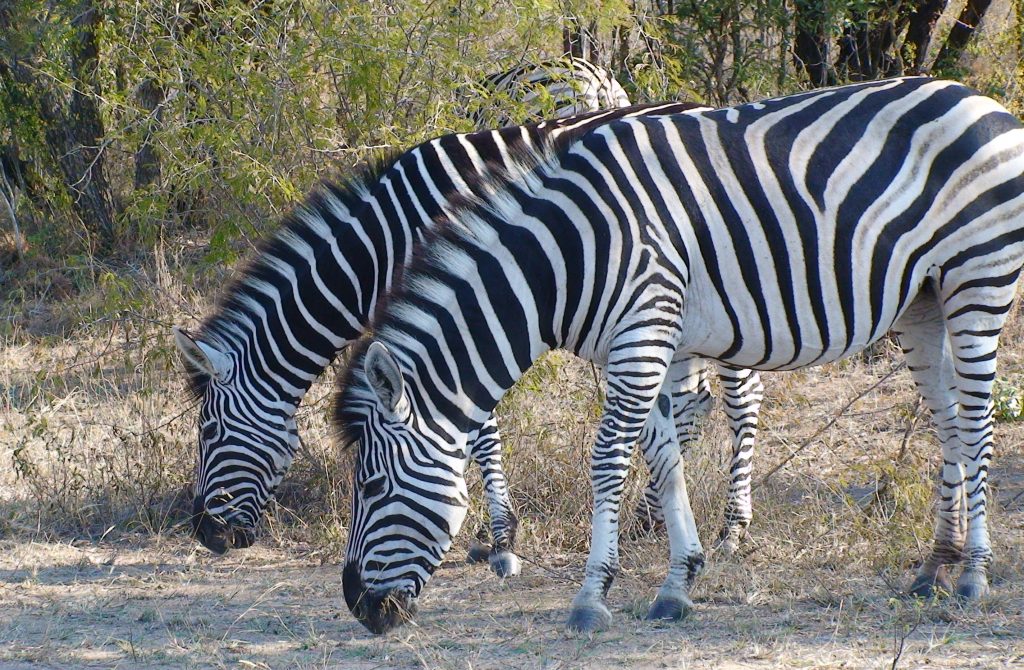Out and about is a column in which we chat with people who are currently living abroad, or who used to live and work abroad. This week we chat with Francois Bodenstein who is living in China with his wife. He shares their experiences and adventures with us.
Hello Francois, where in South Africa are you from and what made you decide to live in China?
My wife and I were both high school teachers in Pretoria. We got married in 2018, rented out our property in Pretoria and decided in the beginning of 2019 to go to China to teach. We made the decision to come to China because we were still young and didn’t have any children yet. Initially we planned to come here for a year in order to visit some of the countries in Asia during our school holidays, while also saving money to pay off our property sooner. We have been to El Nido in the Phillipines and also went to the 2019 Rugby World Cup in Japan.
How often do you see your family?
During our first school holiday in July 2019, we returned to South Africa to visit family, and then again at the beginning of 2020 with the Chinese New Year. We planned on going for two weeks, but then the borders closed due to the Covid-19 pandemic, and we had to stay in South Africa for ten months before returning to China. Luckily, we could work online and still earn a salary.
Since coming back in November 2020, it was impossible to leave the country again. China’s borders are still closed for tourists. It is possible to leave China if you have a work permit, but the plane tickets are very expensive. There is only one direct flight on a Wednesday between Johannesburg and Shenzhen, after which you also have to stay in a hotel of their choice to quarantine for seven days. We are planning to visit family in South Africa in December, and we hope by then there will be more flights between South Africa and China, and that we will not need to quarantine when we return.


Adjusting in a new country can be a challenge, what was the strangest thing for you to get used to?
It is difficult to adjust to a foreign country, and especially in a country like China where the majority of people do not speak or understand English. The food was definitely the strangest thing to get used to. The Chinese eat anything that has its back to the sun. In our first month after arriving, we only ate KFC and McDonald’s because we didn’t know what the people were eating. As time passed, we learned where to buy Western groceries and now we can at least braai and make vetkoek and mince, and milk tart.
There are also South Africans here who import South African products such as boerewors, biltong, chutney, Olof Bergh brandy and even Ouma rusks. Another thing that was difficult to get used to, was the number of people who stare at us in the streets. Some will even take pictures of you with their phones, whether you like it or not.
You are expecting your first child – congratulations! How does the health care in China differ from South Africa’s?
Thank you. So far, we are very happy with the hospital and the doctors we visited. My wife will deliver the baby in an international hospital where they communicate with us in English. Unlike South Africa, most businesses are obligated to get medical aid for their employees in case something happens. When you leave China, you can withdraw all the funds you did not use.
You are a few South Africans that play for the city’s rugby team. Tell us more.
We are about 13 players who all play for the Guangzhou Rams rugby team. We play against teams from all across China such as Beijing, Shanghai and Shenzhen. Our wives and partners have also formed a close bond and they support each other in times of need. We often get together for Springbok games, when it is Christmas or Easter and when we have nappy braais. Being part of a South African community makes staying in China much easier, especially when you are so far away from home during birthdays, New Year and Christmas. This year alone five couples in our circle of friends became parents, incidentally all of the babies were boys.

How does the school system in China differ from South Africa’s?
China is a very ambitious country and is very competitive towards America. Education is at the top of their list of priorities, as the youth can help them to surpass America. Chinese people pay a lot of money to place their children in international schools from as young as three years, in order for them to learn and understand English. Their children follow curriculums from America, the UK and Canada so they can go study overseas. There is not much time for extracurricular activities for primary and high school children, as most of them attend school until 22:00 at night and even during weekends
What do you miss the most about South Africa?
What I miss most about South Africa is of course spending time with our family and friends, but also attending Afrikaans music festivals, going away for a weekend to the Bushveld and sitting at a campfire, going to the Cape during December holidays, and visiting places like Stellenbosch, Franschhoek en Paternoster.
Is there anything you would like to share with us?
Many South Africans come to China with the idea that they want to stay for a year or two, but before you realise it four years have passed. We have a very comfortable lifestyle here. We do not have to lock our doors or be scared of walking outside in the middle of the night. Everybody is proud of their work, which means service delivery is very good. The transport system is among the best in the world. Load shedding doesn’t exist here. Teachers are treated well and paid well. Living cost is very low, we manage to send between 60 and 70 percent of our salaries back to South Africa every month. My wife and I started a property investment company last year – we buy properties around Pretoria, Johannesburg and the Western Cape which we rent to tenants. Our plan is to pay off five of these properties within the next three years, so we don’t ever find ourselves in the same situation as 2020 with the Covid pandemic. That way we will have a passive income and not be dependent on a job.
If anyone is interested in more information about teaching in China, they can like our Facebook page, Prosper in China, to get more information.
ALSO READ: Out and about: an email from England
Write to us
Do you live abroad of have you recently returned from abroad? You can also write us an Out and about column. Send an email to wereldwyd@afriforum.co.za and we will send you the questions to answer.
Share on
Latest articles

























